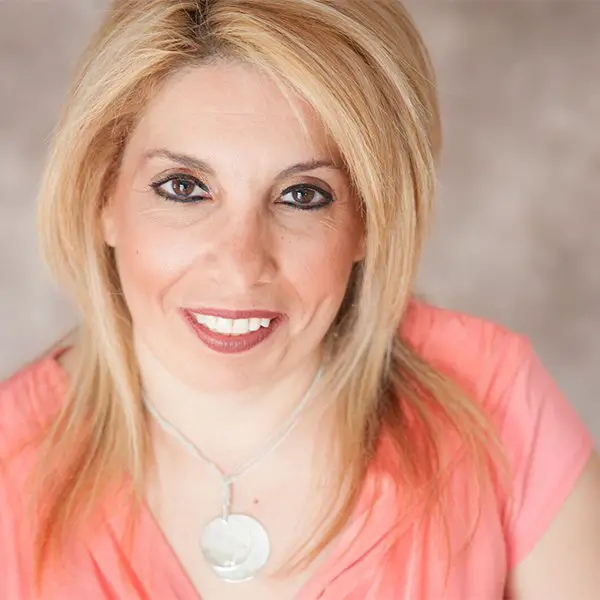This article was originally posted on www.drsueandyou.com
Parents, do you know your kids often hide their intense feelings about your divorce? Kids of divorce may seem emotionally stable on the outside but inside they are probably struggling.
Sometimes as parents we are so busy with our own issues or daily lives that we are not always vigilant of how our kids are feeling. This happens to all parents from time to time. It is important to remind ourselves that we do need to check in with our children even when we believe they are doing well.
Kids feelings about divorce are complicated. They have so many emotions circulating through their minds. At first kids tend to feel a lot of anger towards their parents for splitting up and do not know where they belong. In addition, throughout there day kids will probably have several mood swings. They usually are consumed with obsessive thoughts about where they will live and who will take care of them. According to some kids, they will also experience the following symptoms:
- Feel sad and wonder if they will ever spend time with both parents again.
- Feel fearful because they do not know what will happen next.
- Scared that their parents may remarry and have a new family.
- Stressed because they are hiding their emotions.
- Worried that one parent may try to take them away from the other parent.
- Act out at school or become withdrawn from others.
How can parents help their kids move through the early stages of divorce? It begins with recognizing that their children will be emotionally affected by the divorce.
Here are 4 other tips that parents can implement during the early stages of divorce:
- Talk more scream less: Being a responsible parent includes respectful behavior to the other parent and to your kids. Limit screaming in front of the kids. Take a parenting class if needed.
- Encourage your kids to share feelings: Ask your kids how they feel about your divorce. Be open to hearing negative and positive thoughts. Do not judge their feelings or say, “You should not feel that way.” It is important to keep your feelings about the divorce separate.
- Answer questions when asked: If your child has questions answer them truthfully. Do not share inappropriate adults issues, such as court and custody. If you do not know the answer to a question say, “I don’t know right now but I will do my best to find out.”
- Pay attention to changes in your child: Look for signs of change in your kid’s behaviors, emotions and grades. The earlier you can detect these changes the sooner you can take action.
About Dr. Sue

Dr. Sue Cornbluth is a nationally recognized parenting expert in high conflict parenting situations. She has been named “Top Advocate and Professor for Human Rights”. She is a regular mental health contributor for an array of networks and television shows such as NBC, FOX and CBS. Dr. Sue has also contributed to several national publications. Her new best-selling book, “Building Self Esteem in Children and Teens who are Adopted or Fostered” is available now.
To learn more about Dr. Sue, visit DrSueandYou.com











 Subscribe to Ask Dr. Nandi YouTube Channel
Subscribe to Ask Dr. Nandi YouTube Channel









